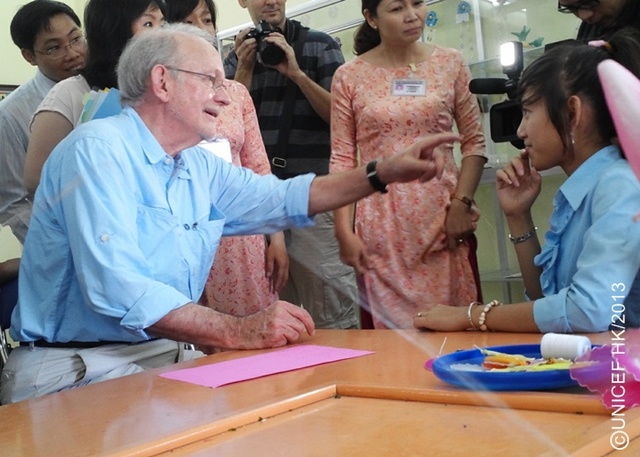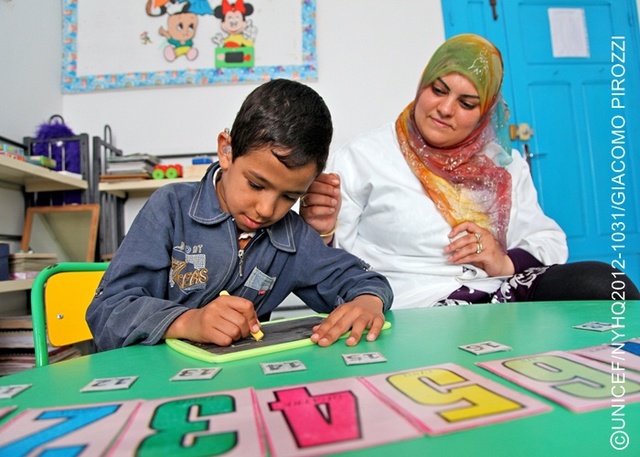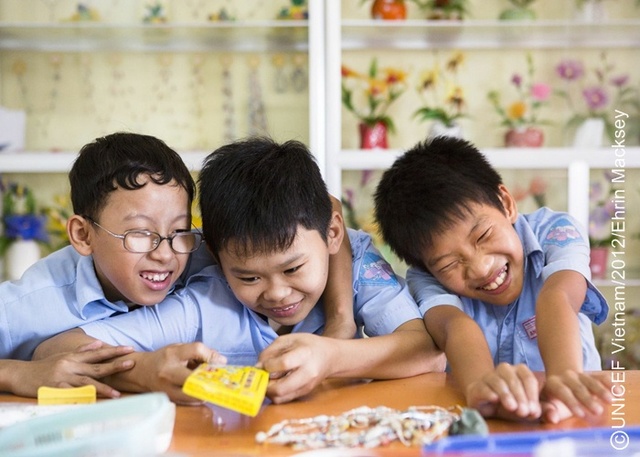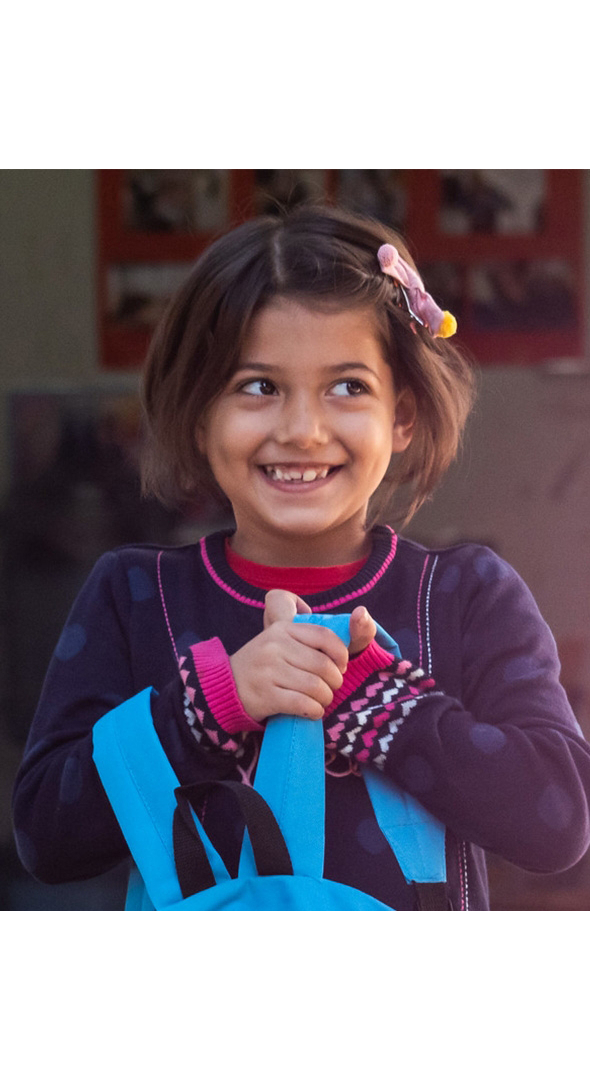See the child – before the disability, UNICEF says Inclusion of children with disabilities benefits society as a whole
2013-05-30
For many children with disabilities, exclusion begins in the first days of life with their birth going unregistered. Lacking official recognition, they are cut off from the social services and legal protections that are crucial to their survival and prospects. Their marginalisation only increases with discrimination.
 |
“For children with disabilities to count, they must be counted – at birth, at school and in life,” said Mr Lake. The State of the World’s Children 2013: Children with Disabilitiessays that children with disabilities are the least likely to receive health care or go to school. They are among the most vulnerable to violence, abuse, exploitation and neglect, particularly if they are hidden or put in institutions – as many are because of social stigma or the economic cost of raising them. |
Gender is a key factor, as girls with disabilities are less likely than boys to receive food and care.
“Discrimination on the grounds of disability is a form of oppression,” the report says, noting that multiple deprivations lead to even greater exclusion for many children with disabilities.
There is little accurate data on the number of children with disabilities, what disabilities these children have and how disabilities affect their lives. As a result, few governments have a dependable guide for allocating resources to support and assist children with disabilities and their families.
 |
 |
Progress is being made toward the inclusion of children with disabilities, albeit unevenly, and The State of the World’s Children 2013sets out an agenda for further action.
The report urges governments to ratify and implement the Convention on the Rights of Persons with Disabilities and the Convention on the Rights of the Child, and to support families so that they can meet the higher costs of caring for children with disabilities.
It calls for measures to fight discrimination among the general public, decision-makers and providers of such essential services as schooling and health care.
International agencies should make sure the advice and assistance they provide to countries is consistent with the Convention on the Rights of the Child and the Convention on the Rights of Persons with Disabilities. They should promote a concerted global research agenda on disability to generate data and analysis that will guide planning and resource allocation, the report says.
It emphasises the importance of involving children and adolescents with disabilities by consulting them on the design and evaluation of programmes and services for them.
And everyone benefits when inclusive approaches include accessibility and universal design of environments to be used by all to the greatest extent possible without the need for adaptation.
"The path ahead is challenging," said Mr Lake in Da Nang, Viet Nam, for the launch of the report. "But children do not accept unnecessary limits. Neither should we."










